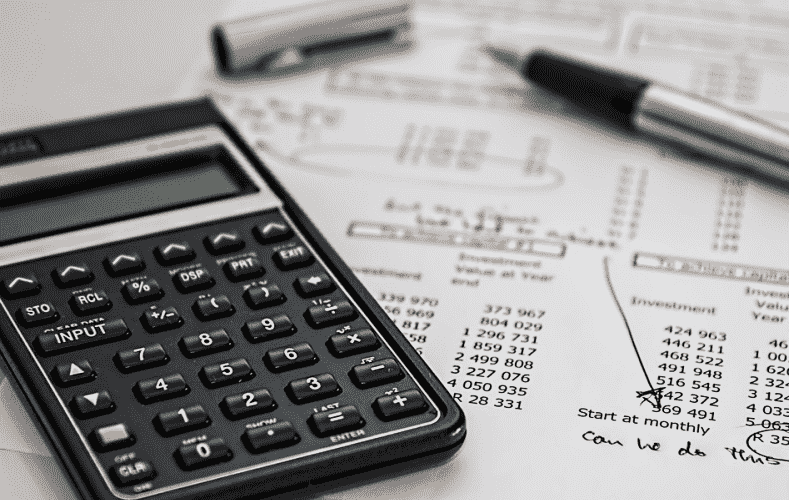
New to Germany? Avoid These Common Health Insurance Mistakes
Section: Health Insurance
Nigeria's economy has demonstrated a remarkable recovery, achieving a gross domestic product (GDP) growth rate of 3.4% in 2024, according to a recent World Bank report. This marks the highest growth rate experienced in the country since 2014, aside from the rebound observed during the COVID-19 pandemic in 2021 and 2022.
The report attributes this economic acceleration primarily to a resurgence in the oil and gas sector, alongside significant growth in technology and finance industries. Looking ahead, the World Bank projects a slight increase in growth to 3.7% for 2025.
However, the agricultural sector has faced challenges, with slow growth attributed to ongoing insecurity in the Middle Belt region and rising input costs. This area, which encompasses 14 states in central Nigeria, has seen vast tracts of farmland abandoned due to violent clashes, predominantly between farmers and herders.
The World Bank has acknowledged the series of reforms initiated by President Bola Tinubu's administration, which took office in 2023. These reforms include the removal of fuel subsidies, reductions in electricity allowances, and a devaluation of the naira currency, all aimed at stabilizing the economy.
Despite the positive growth figures, the country continues to grapple with high levels of poverty. Reports indicate that nearly half of Nigeria's population lived in poverty by the end of 2024, making it home to the second-largest population of impoverished individuals globally, following India. The Global Hunger Index ranked Nigeria 110th out of 127 countries, highlighting the severity of undernutrition, with almost a third of children affected.
The inflation rate is expected to remain elevated, averaging around 22.1% throughout the year, which has exacerbated the cost-of-living crisis faced by many Nigerians. The World Bank noted that labor incomes have not kept pace with inflation, diminishing the purchasing power of the populace, particularly in urban areas.
In light of these statistics, the World Bank emphasizes the urgent need for Nigeria to generate more and better job opportunities to alleviate poverty. The goal is to achieve a $1 trillion economy by 2030, necessitating focused efforts on economic diversification and job creation.
While some relief has been seen in food prices recently, many Nigerians still confront the realities of undernourishment and economic hardship. The government's ongoing reforms, while challenging for the population, are viewed as necessary steps toward long-term economic stability.

Section: Health Insurance

Section: Health

Section: News

Section: Arts

Section: Arts

Section: Politics

Section: Politics

Section: News

Section: Politics

Section: Health Insurance

Health Insurance in Germany is compulsory and sometimes complicated, not to mention expensive. As an expat, you are required to navigate this landscape within weeks of arriving, so check our FAQ on PKV. For our guide on resources and access to agents who can give you a competitive quote, try our PKV Cost comparison tool.

Germany is famous for its medical expertise and extensive number of hospitals and clinics. See this comprehensive directory of hospitals and clinics across the country, complete with links to their websites, addresses, contact info, and specializations/services.

Offene Wunde is a documentary theater piece about the attack at the Olympia Einkaufszentrum (OEZ) by Tunay Önder and Christine Umpfenbach. On July 22, 2016, a perpetrator motivated by racism killed nine young people from Munich: Armela, Can, Dijamant, Guiliano, Hüseyin, Roberto, Sabine, Selçuk,...
No comments yet. Be the first to comment!